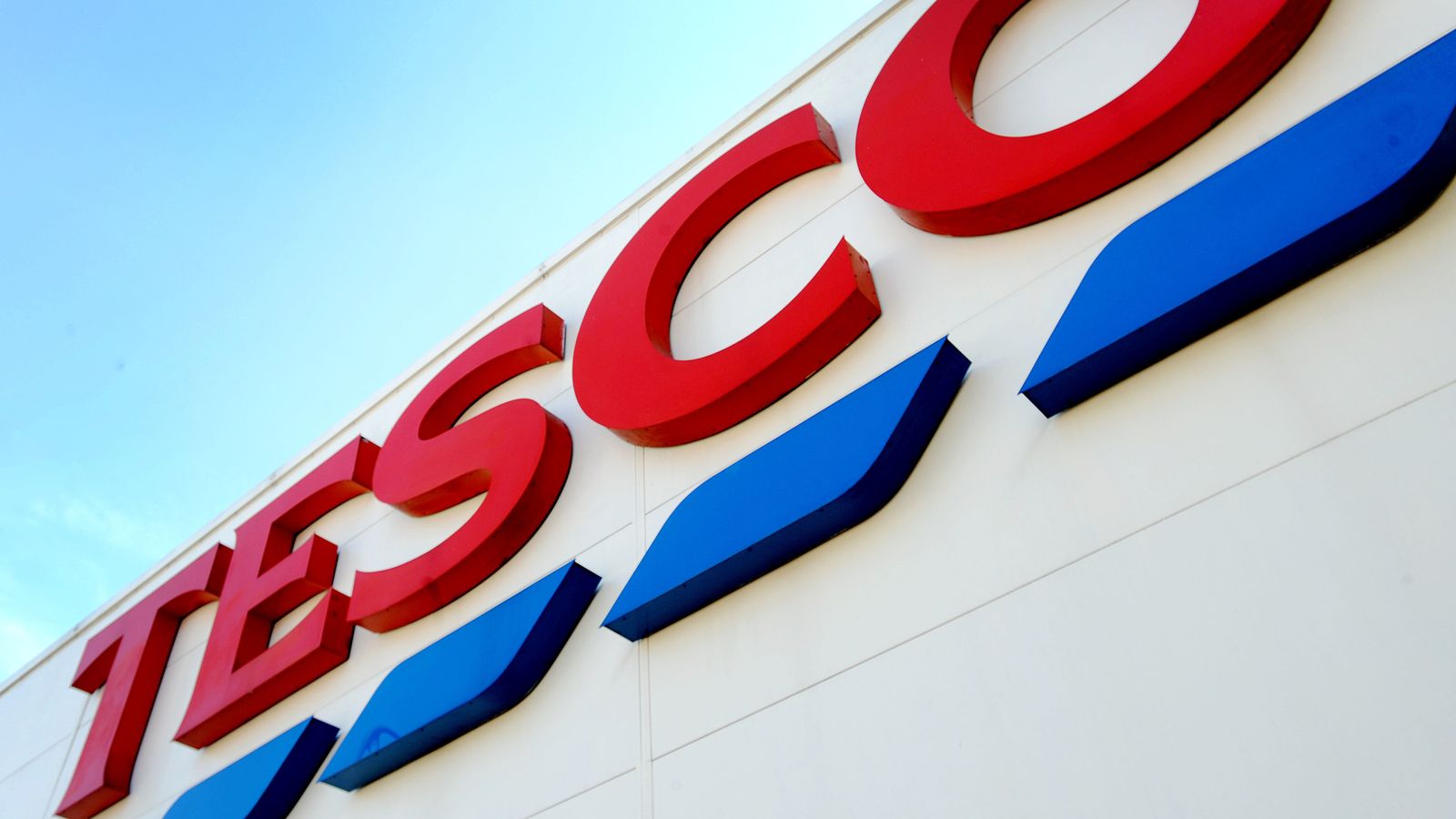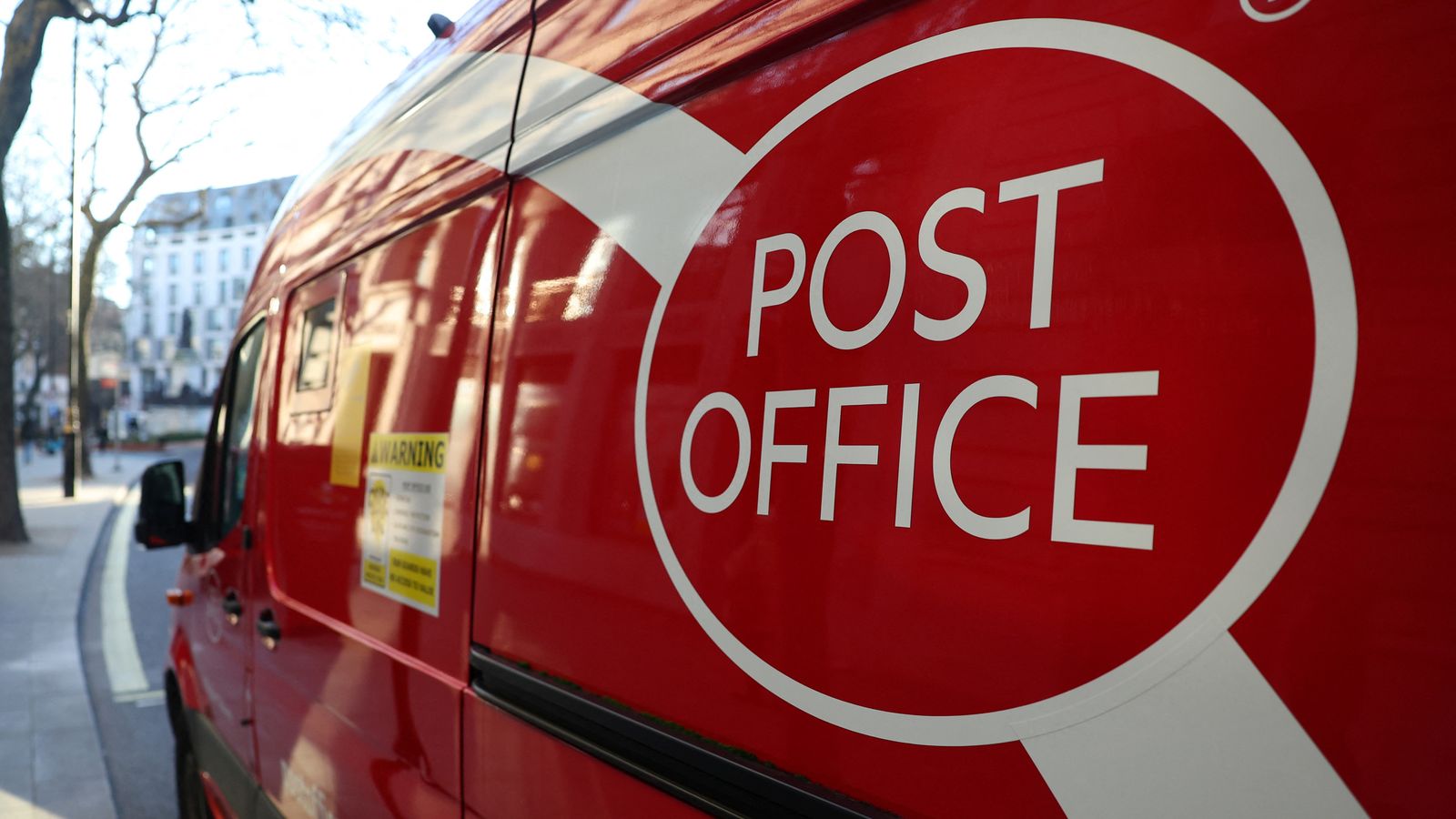The impacts of higher prices are being felt in the Tesco boardroom as profits have fallen despite an increase in sales.
High energy and labour costs, along with food inflation at 17.5%, have hurt the company’s earning power.
But the retailer also announced a reduction in the price of milk for the first time since May 2020. The cost has dropped from 95p to 90p a pint and from £1.30 to £1.25 for two pints. Prices on more than 1,000 everyday items will be frozen until early July.
The chain also announced it will buy back another £750m worth of shares in addition to the £1bn it has already bought back.
It reported profits of £2.63bn, down from £2.82bn the year before despite revenues rising to £65.7bn over the year, an increase from £61.3bn a year ago.
Read more:
Sainsbury’s in Nectar card shake-up to rival Tesco clubcard
“Our results reflect our continued investment in delivering great value and quality for our customers, whilst at the same time looking after our colleagues,” chief executive Ken Murphy said.
“This is despite unprecedented levels of inflation in the prices we have paid our suppliers for their products, and the cost of running our own operations.”
At the same time Tesco’s preliminary full year results said it is “at the most competitive we have ever been”.
The retailer is pushing suppliers for price cuts and has a team to closely monitor the costs facing suppliers, The Sunday Times reported on Sunday.
In an effort to save £1bn by February 2024 hundreds of manager roles across shops have been cut and all remaining food counters and hot delis have been closed.
Tesco still enjoys a 27% market share, the largest of any supermarket, despite increasing competition from low-cost German retailers Aldi and Lidl.










